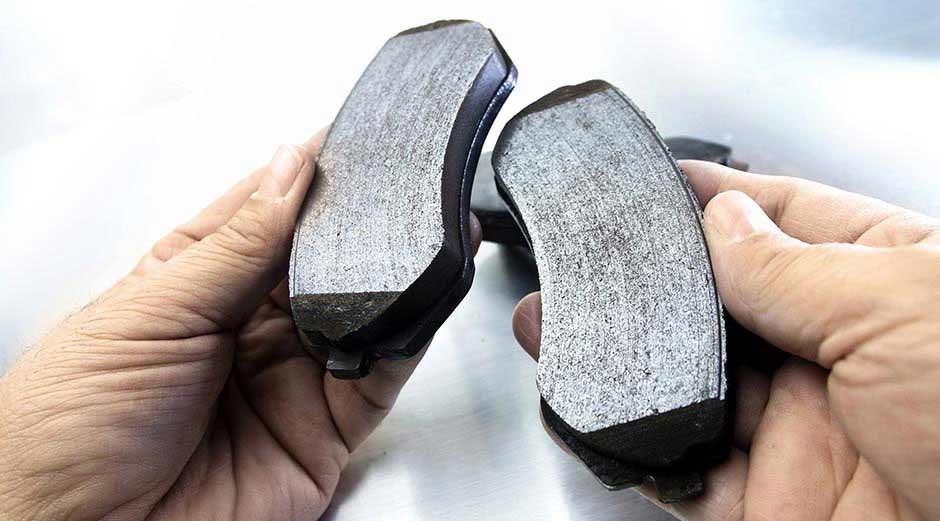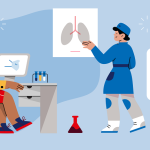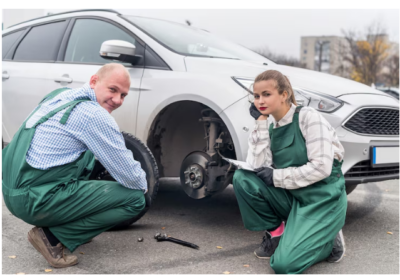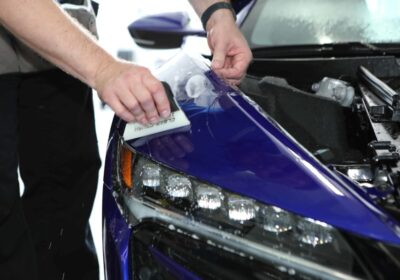
What is brake squeal, and how can you stop it?
A brake squeal is simply a vibration. The brake calipers press the brake pads against the brake rotors when you apply the brakes. The car slows down as a result of the friction. There is little space between the brake pads and the rotors, so there is a lot of pressure and friction there. This indicates that they may make a noise when they are put under additional pressure.
This can happen with brand-new brakes or brakes you’ve had for a while, and the sound doesn’t always mean you need new ones. There are times when brake noises are just annoying, but there are also times when they can warn us of more serious issues. Learn more about brake calipers
Let’s take a look at the three most common causes of brake noise.
Why the clamor?
If your brakes only occasionally make noise, moisture, dust, or small rocks and debris may be stuck between the pad and rotor surface. Make sure you didn’t pick up any rocks or road debris if you hear a scraping sound. Frequently, all you need to do is clean the brake pad and rotor surface.
Rust formation, typically caused by water on the rotors, results in a squealing or squeaking sound. A thin layer of rust forms when moisture accumulates on the surface of the rotor. When you drive your car in the morning, your brakes might squeak if you park it outside. The brake pads scrape off the rust as you drive away, resulting in a high-pitched squeal. The noise ought to go away once that rust is removed.
Thinner pads are the most common cause of brake noise. If you hear a grinding or shrill sound, your pads have probably become worn out. The pads and rotors are now metal-to-metal due to the wear on the brake pads. As of now, supplanting them is basic. If you don’t, the pads could wear the rotors down, warp them, or break them. To prevent further rotor damage, it is best to replace the pads as soon as possible.
Last but not least, squeaky brakes may be brought on by the brake pads themselves. Metal content is often high in cheap brake pads. The brake material is made of large metal flakes that squeak when they move across the rotors. This noise, which is more annoying than anything else, is not a sign that the brake system is broken. However, the best way to avoid the squeak is to select brake pads designed specifically for your vehicle that are of high quality and less aggressive.
Changing the pads on your brakes is the simplest way to make them quieter. Even though there are a zillion-pad manufacturers, we advise purchasing OEM parts from a reputable supplier or your local dealer. Find the best pads for your vehicle by researching your specific make and model or perusing the manual that came with it.


















